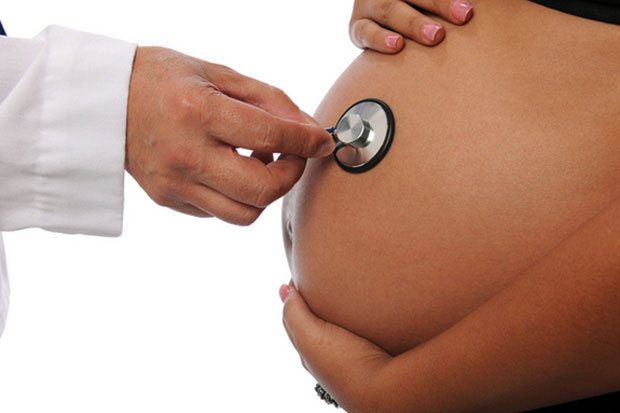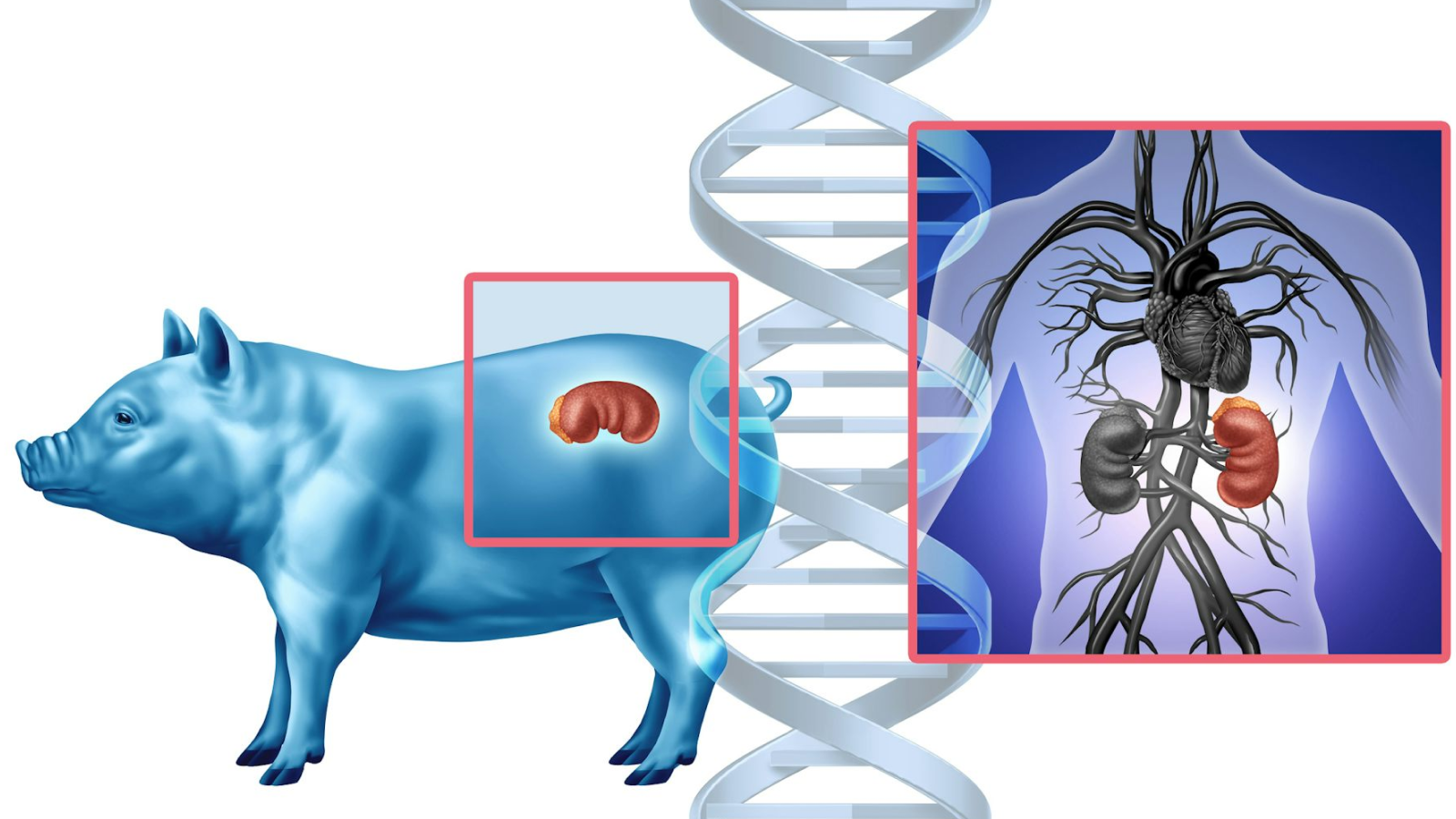Parents of Children with Autism Less Likely to Have More Kids

Parents of children with autism sometimes decide not to have more children after their first child is diagnosed or shows signs of the disorder, a new study suggests.
Researchers analyzed information from about 19,700 families that had a child with autism between 1990 and 2003, and about 36,200 families that had a child who did not have autism in this same time period. The researchers examined the chances that each family went on to have more children over a 15-year period (between 1990 and 2005).
In the first few years after the mother gives birth, parents of children with autism were just as likely to have a second child as parents of children without the condition. But after about two to three years — around the time a child with autism would typically be diagnosed or show symptoms — parents of children with autism became less likely to have a second child.
Overall, parents of children with autism were about 33 percent less likely to have a second child over the study period, compared with parents whose children did not have autism. [Beyond Vaccines: 5 Things that Might Really Cause Autism]
The findings were similar for parents whose second or third child had autism (in each case, parents were less likely to have subsequent children after one child was diagnosed.)
In referring to autism spectrum disorder, the researchers wrote in the June 18 issue of the journal JAMA Psychiatry, "We have provided very compelling evidence that parents of children with ASD reduce their reproduction after the first signs or diagnosis of ASD in an affected child."
The study cannot determine the reason for the findings. But parents of children with autism may be concerned about having another child with autism, or may not have the resources to care for more children, the researchers said.
Get the world’s most fascinating discoveries delivered straight to your inbox.
The findings held after the researchers took into account factors that might affect people's decision to have more children, including the mother's age, the weight of the first child and the year the child was born.
The results may have implications for estimating the heritability of autism, or estimating the probability that parents of children with autism will have another child who also has the condition, the researchers said.
Many previous studies on the heritability of autism have not taken into account the possibility that parents of children with autism may decide not to have more children after their children are diagnosed with the condition. As a result, previous estimates of the chances of having a second child with autism may have appeared lower than they actually are, the researchers said.
For parents of children with autism in the study, the chance of having another child with autism was 8.7 percent. But when the researchers took into account those who didn't have more children, the risk was higher: 10.1 percent.
"These findings have important implications for genetic counseling of affected families," study researcher Neil Risch, a professor of epidemiology and biostatistics at the University of California, San Francisco, said in a statement.
The researchers noted that the study did not include miscarriages or stillbirths, which may affect the time it takes a couple to have a child, as well as the decision to have more children, but these factors alone are unlikely to explain the findings, the researchers said.
Follow Rachael Rettner @RachaelRettner. Follow Live Science @livescience, Facebook & Google+. Original article on Live Science.

Rachael is a Live Science contributor, and was a former channel editor and senior writer for Live Science between 2010 and 2022. She has a master's degree in journalism from New York University's Science, Health and Environmental Reporting Program. She also holds a B.S. in molecular biology and an M.S. in biology from the University of California, San Diego. Her work has appeared in Scienceline, The Washington Post and Scientific American.


